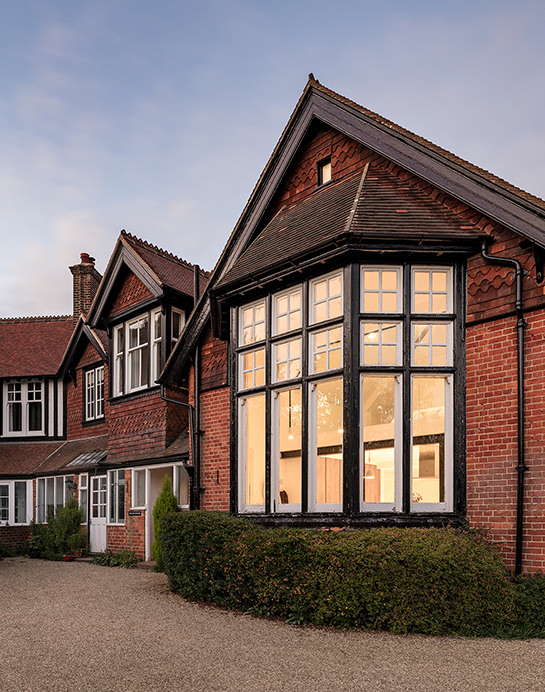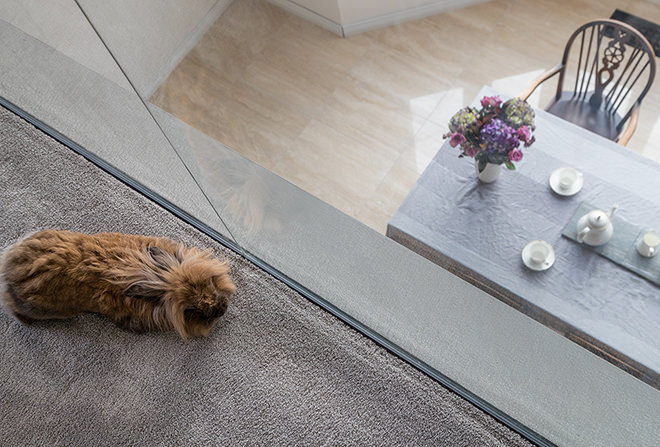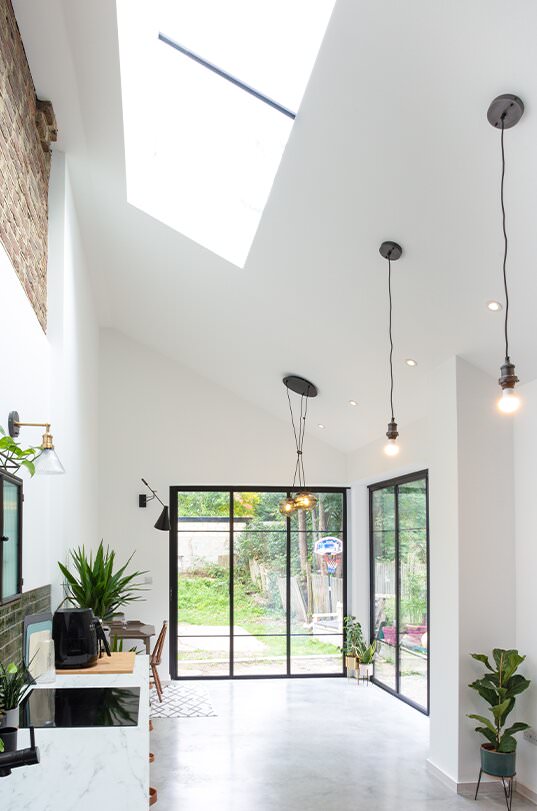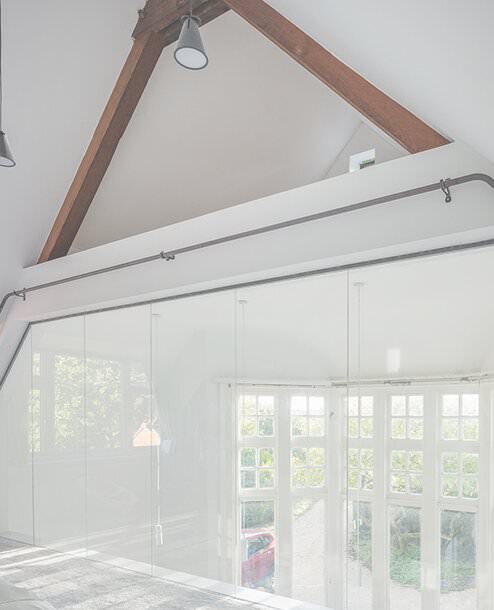What is a Building Regulation Completion Certificate?
December 28, 2021
Building regulations apply to most new build projects and alterations to existing buildings. However, there are some instances that do not warrant building regulation certificates. These exemptions can be found here.
In the UK, a building completion certificate is formal evidence that the building works have been approved and carried out in accordance with the building regulations.
Depending on who you use as a building control inspector, the completion certificate may also be referred to in a number of ways such as the building control final certificate, building completion certificate, building regs certificate, and many more!
Now you know what a building regulation completion certificate is, let’s dive into the specifics and the reasons why you might need one.
What are building regulations?
The building regulations are a set of national standards for the design and construction of buildings to ensure the health and safety of the people in and around the building. It is broken down into 15 sections as follows:
i) Approved document A: Structure
ii) Approved document B: Fire safety
iii) Approved document C: Site preparation and resistance to contaminants and moisture
iv) Approved document D: Toxic substances
v) Approved document E: Resistance to sound
vi) Approved document F: Ventilation
vii) Approved document G: Sanitation, hot water safety, and water efficiency
viii) Approved document H: Drainage and waste disposal
ix) Approved document J: Combustion appliances and fuel storage systems
x) Approved document K: Protection from falling, collision, and impact
xi) Approved document L: Conservation of fuel and power
xii) Approved document M: Access to use of buildings
xiii) Approved document P: Electrical safety
xiv) Approved document Q: Security in dwellings
xv) Approved document R: High-speed electronic communications networks
Why is a building completion certificate important?
It is a sign that your building works have achieved the building regulation standard for things like structure, sanitation, thermal efficiency and more. This typically makes for smooth sailing when it comes to selling your property, or in some cases re-mortgaging.
Even if you weren’t going to sell your property, it’s absolutely key that the building regulations are considered for your own living and safety conditions.
Without it, you may need to apply for a regularisation certificate. Regularisation is the process of certifying works after they have been completed without a formal building regulation approval.
However, this route should never be taken as a primary course of action as regularisation at times means opening up existing works and some potentially significant and, in most cases, unnecessary costs.
Do I need a building regulation completion certificate to sell my house?
If you’re considering selling or buying a house without a completion certificate, it’s imperative to understand why the completion certificate wasn’t issued in the first place for your own and others’ safety. You will need to carry out a full building survey to understand what critical and visible issues there are. While this won’t necessarily guarantee you a full picture of the existing defects, it’ll help you to understand what’s visibly defective.
In the event that no certificates were obtained, and a full survey is carried out, there are indemnity insurances that can be taken out. But this is never a recommended route to take.
How long does it take to get a building control certificate?
It depends on how long your construction programme is. Typically, your appointed approved inspector will come to the site at specific milestones to review the works. These milestones typically include:
i) Foundations
ii) Drainage
iii) Concrete pour
iv) DPC
v) First fix
vi) Cladding
After the works are completed and meet the building regulations, a completion certificate should be received within 8 weeks of the building works completion.
How much does a building completion certificate cost?
Unfortunately, there’s no hard and fast rule here as each project differs in scale, complexity, and personnel. Typically for a small to medium residential project, we’re looking at around the £3k – 5k mark (subject to the project particulars).
There are typically two forms of building control inspector you can appoint: a private body and your local authority. Your local authority’s building inspector is typically more cost-effective.
How do I get a completion certificate?
Your chosen design team will typically help put you in touch with a recommended approved inspector who will be appointed under a full plans’ appointment.
A ‘full plans appointment’ means that your design team will forward on all designs and specifications for checking by the inspector prior to a start on site. That way your designs are checked for building regulation compliance before a shovel is laid. This way you’re better protected against any retrospective works that may have to occur on-site to ensure the works are compliant.
After the checks are made, the inspector will then visit the site at milestone occasions to ensure the works are being carried out to standard before a completion certificate is issued at the end of the project.
The other method of achieving a completion certificate is via the building notice route. This however is typically reserved for smaller jobs, as the checking of the designs does not occur prior to the start of the site. The inspector will still visit the site at milestones, but you are more exposed to potential retrospective changes on-site due to not meeting the building regulations which will inevitably mean more costs to you.
If you’d like to know more, check out our article on how to get building regulation approval .
So, there you have it, you now know the importance of building control completion certificates.
At Vita, we recommend going with a ‘full plans appointment’ to limit your risk of unnecessary expenses on site that may creep up through building notice or the regularisation routes.
If you’ve got a project that you’d like to discuss, please feel free to give us a shout today on 02081441737 or [email protected].






